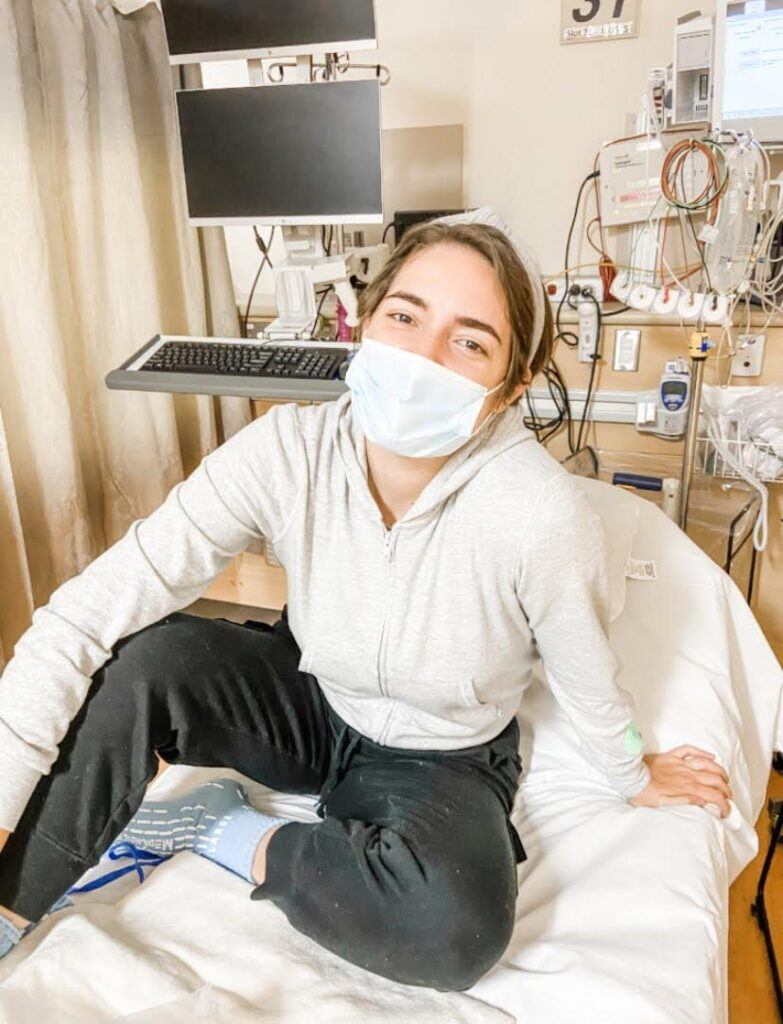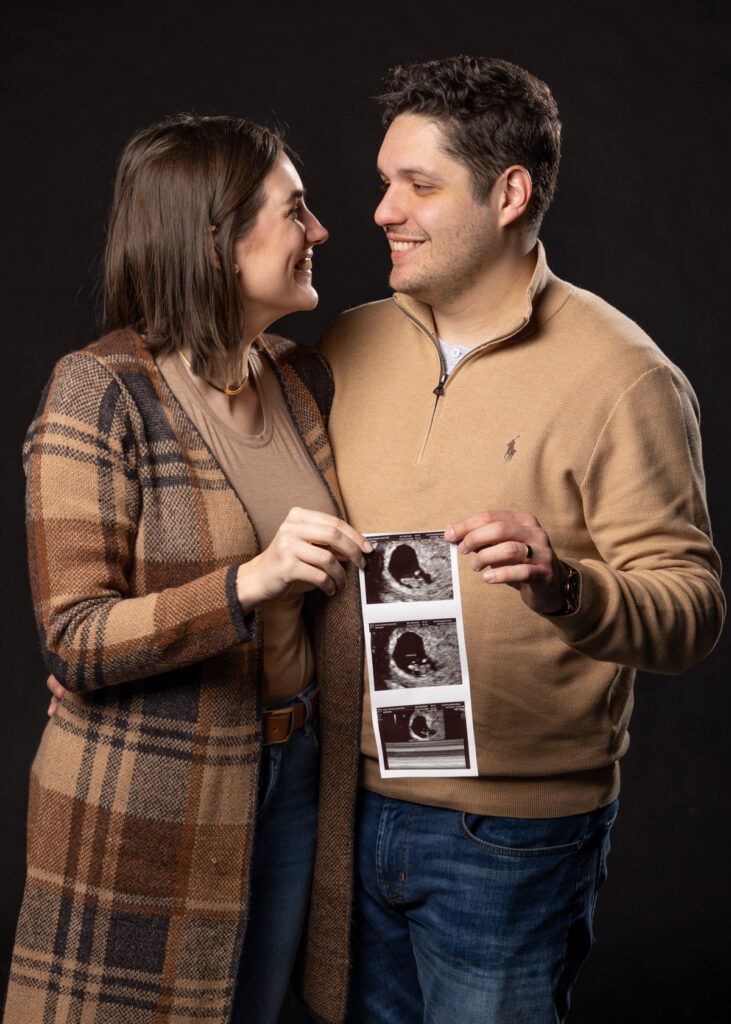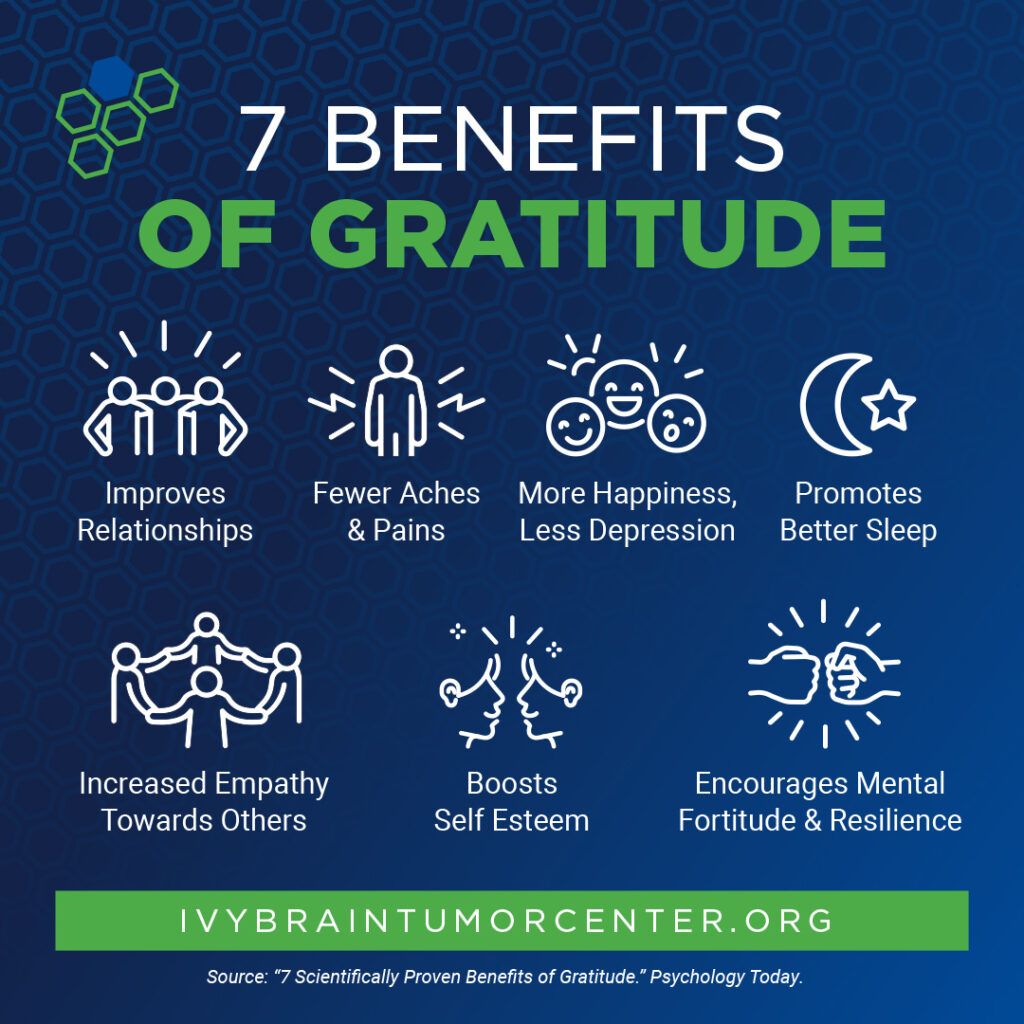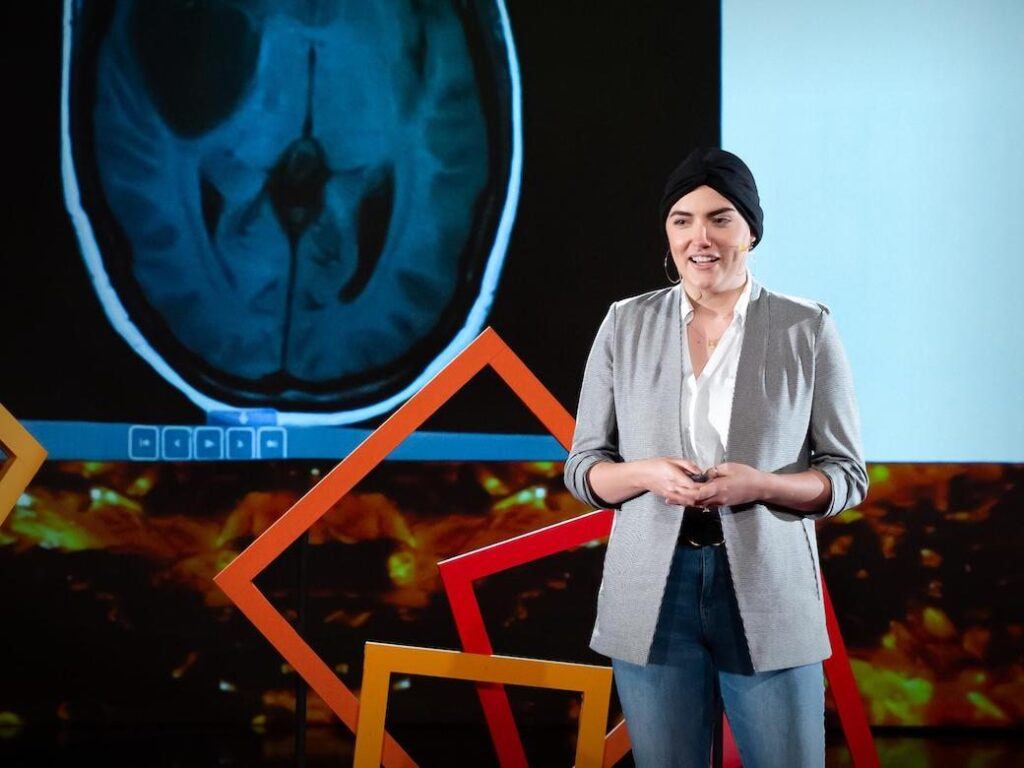
Ivy Blog
The Power of Gratitude Is A Gift for Brain Cancer Patients and Caregivers
- August 25, 2023
- Ivy Center
- Posted in Patient Support

Practicing gratitude in the face of a brain cancer diagnosis can seem impossible. Fear, grief and anger seem to be more appropriate emotions for those fighting a brain tumor. Although, evidence from many scientific studies suggests that gratitude has mental, emotional and physical benefits that can positively affect those managing a difficult diagnosis.
Studies show a connection to gratitude and overall well-being. This connection could be due to the fact that when practicing gratitude, we’re focused on the benefits we’ve received rather than the challenges we face.
Robert Emmons, a leading scientific expert on gratitude, says practicing gratitude offers a range of benefits from more happiness and optimism, feeling less lonely and more forgiving to physical effects such as lower blood pressure and a stronger immune system.
One study of nearly 300 adults seeking university-based psychotherapy counseling found that the addition of gratitude writing resulted in better mental health outcomes. Other studies(1)(2) of written gratitude exercises found the writers reporting better self-esteem and more satisfaction in life.
A Unique Perspective On The Power of Gratitude
Christina Costa, PhD, is uniquely qualified to speak on the topics of gratitude and brain cancer – she’s a positive psychologist, living, and thriving, with a brain tumor.

Severe migraines led her to the doctor in the summer of 2020. An MRI showed a large mass spanning the right temporal and frontal lobes of her brain. After a nine-hour awake brain surgery to remove the tumor – a grade 3 astrocytoma – Christina’s body began to slowly recover. Her mental health, however, had taken a hit and she felt stuck in despair.
She knew exactly what she needed – the gratitude tools she studies, but hadn’t put into practice. It’s common, Christina says, to feel like we don’t need to use these tools until we do. She knew she needed to bolster her resilience and well-being. She decided to put her research to the test.
“I got into the habit of practicing gratitude and it’s transformed my experience,” she says.
Christina began a digital gratitude journal. Every morning she begins her day writing three things she’s grateful for and why. The why, she says, is an important part of the gratitude practice.

Her gratitude journal, a 500-page Google doc, is filled with words of thanks to specific people, like her doctors, or to her body for being strong during brain cancer treatment or for the baby she’s expecting later this year. The practice has rewired her brain and given her a change in perspective. It’s been transformative, Christina says.
The success of the journal led Christina to expand her gratitude exercise to include lettering – writing letters of thanks to people in her life who have made an impact on her. Friends, family, healthcare professionals and even the hospital greeter who welcomed patients with a song and made Christina smile, received a letter. The recipient of the letter feels good but the letter writer feels the benefit too, she says.
As an assistant professor of psychology at Wayne State University, Christina’s courses focus on human strength and resilience. She teaches students the importance of positivity and gives them practical tools to use, like gratitude.
Her story and her research findings are featured in a widely viewed and shared TED Talk. In it, Christina references the study mentioned above and explains how the brain reacts to gratitude by creating new neural connections, enhancing the production of serotonin and dopamine neurotransmitters, regulating stress hormones and encouraging cognitive restructuring. By practicing gratitude, you are intentionally activating circuits in your brain and making those positive pathways stronger.
Kiss Your Brain: Diagnosis Diaries is a collection of poems Christina wrote following her journey from the emergency room through treatment as she processes her brain tumor diagnosis. She mentions the care and treatment she received at the University of Michigan from her neuro-oncologist, Dr. Yoshie Umemura, who is now the chief medical officer at the Ivy Brain Tumor Center.
The Science of Gratitude
Research has shown the benefits of gratitude go well beyond how we feel. A Psychology Today article, “7 Scientifically Proven Benefits of Gratitude,” lists the following findings:

- Small gestures of gratitude can lead to new friendships. A 2014 study published in Emotion found that thanking a new acquaintance makes them more likely to seek an ongoing relationship. Saying “thank you” is not only good manners, it may lead to more relationships.
- Being thankful is good for your health. Grateful people experience fewer aches and pains and report feeling healthier, says a 2012 study published in Personality and Individual Differences.
- Gratitude is also good for your mental health. In many of Emmons’ studies, his research shows that practicing gratitude effectively increases happiness and reduces depression.
- A study at the University of Kentucky showed participants who ranked higher on the gratitude scale were less likely to retaliate when given negative feedback and experienced more empathy and sensitivity toward others.
- Gratitude may lead to a better night’s sleep. According to a 2011 study published in Applied Psychology: Health and Well-Being, writing in a gratitude journal before going to bed resulted in improved sleep.
- Being grateful can improve self esteem and maybe even performance. A 2014 study published in the Journal of Applied Sport Psychology found that gratitude increased athletes’ self-esteem, an essential component of optimal performance.
- Gratitude leads to mental fortitude and resilience. Research has shown that gratitude may help overcome trauma. A 2006 study published in Behavior Research and Therapy found that Vietnam War veterans with higher levels of gratitude experienced lower rates of post-traumatic stress disorder. A 2003 study published in the Journal of Personality and Social Psychology found that gratitude was a major contributor to resilience following the terrorist attacks on September 11.
How Brain Tumor Patients and Caregivers Can Cultivate Gratitude
For those facing a brain cancer diagnosis, finding something to be grateful for may not be a top priority and it can be difficult. Gratitude can be learned, Christina says, and once in the habit, it’s easy. It doesn’t cost anything and anyone can become a practitioner.
Here are some tips to get started:
- Keep a gratitude journal. Write down a few things every day that you’re grateful for and why.
- Count your blessings. You don’t have to write anything down, just think of something in your life that you enjoy and are happy to have.
- Use gratitude visual reminders. Leave gratitude notes around the house as a reminder to yourself to practice gratitude.
- Don’t forget the bad. Remembering the challenging events in your life and how you’ve overcome them can inspire gratitude in your journey.
- Say thank you. As Christina suggested, write a letter of thanks to someone who has helped you or made a positive impact in your life.
For more, visit the Greater Good Magazine.
- https://www.ncbi.nlm.nih.gov/pmc/articles/PMC8867461/
- https://journals.sagepub.com/doi/10.1177/0956797618772506
This story is for general health information only and is not meant to be used as medical advice, diagnosis or treatment. Please consult your physician or healthcare provider before beginning any treatment protocol or with any questions. This story reflects the health status of this particular patient at the time the story was written and photographs were taken. The patient’s condition may have changed over time.

